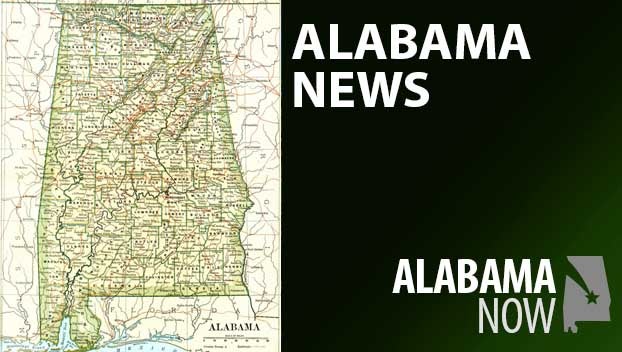Alabama beverage distributor settles lawsuit claiming it denied jobs, promotions to Black workers
Published 8:04 am Sunday, June 6, 2021
A beverage distributor that operates across Alabama and played a role in the state’s craft beer craze agreed to pay more than $800,000 to settle claims that it discriminated against Black employees for years by denying them jobs and promotions that went to white workers instead, the government said.
The 114-year-old Birmingham Beverage Co., which does business as AlaBev, also will review its personnel policies and provide anti-discrimination training under the agreement, the Equal Employment Opportunity Commission said in announcing the settlement on Thursday.
EEOC sued the company in 2017 claiming it failed to promote a Black driver supervisor, Ronnie Johnson, to a route sales job despite six years of “exemplary” job performance and previous experience. The post went to a less-experienced white worker instead, the agency said.
Multiple Black workers also expressed interest in promotions during the four years preceding the suit but none was selected, the suit claimed. At least 11 white applicants or workers got route jobs, and the company’s only two Black route sales people were given routes in mostly African American areas, EEOC said.
The $825,000 settlement will go to Johnson and 34 current and former Black employees, EEOC said, and a three-year agreement is intended to prevent more discrimination.
The chair of the agency, Charlotte Burrows, said the case illustrated “the destructive and demoralizing impact race discrimination can have on employees when they are denied employment opportunities based on their race.”
“For many years, African American workers at Birmingham Beverage demonstrated their fitness and desire for promotion but were denied employment opportunities because of the color of their skin,” she said in a statement.
Accused of violating federal job protection laws, the company denied any racial bias in employment decisions, court records show. In a statement, the company said some of the people involved in the case were asked to apply for jobs but failed to do so.
The company said it has had many Black route salesmen in the Birmingham market and denied any discrimination.
“The high costs of litigation of class claims made the continued vigorous defense of the suit economically infeasible and presented a distraction to our core business operations,” it said in a statement.
With some 3,000 retail customers statewide, the family-owned Birmingham Beverage was part of the development of Alabama’s craft beer industry more than 15 years ago, according to its website. It purchased the first kegs of beer produced by the Birmingham-based Good People Brewing Co. in 2008 and added Avondale Brewing and the Huntsville-based Yellowhammer and Straight to Ale later.
The company distributes beer from dozens of companies plus wine, liquor and nonalcoholic beverages, its website shows.





